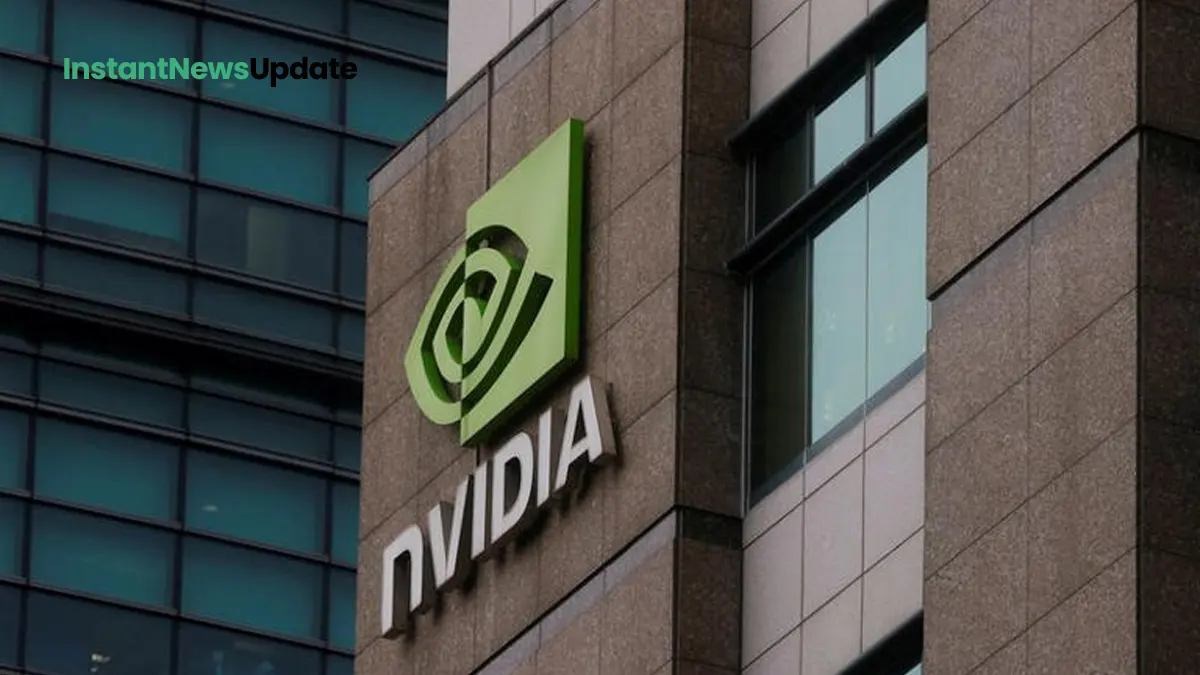In a bid to combat rising incidents of shoplifting and violence against staff, major UK supermarkets are joining forces with law enforcement agencies in a groundbreaking initiative known as Project Pegasus. This collaboration aims to harness the power of AI surveillance and data sharing to crack down on criminal activity within retail establishments. However, critics are raising concerns about privacy implications and the use of facial recognition technology.
The Silent Watchers
As you enter a retail store, a discreet camera above the entrance may go unnoticed, but the sign makes it clear: “FACIAL RECOGNITION & CCTV IN OPERATION ON THIS SITE.” The automatic door slides open, and the camera immediately scans your face, cross-referencing it with a database of known shoplifters.
For law-abiding citizens, like most shoppers, this process is uneventful. The system finds no matches, and any biometric data collected is promptly deleted. This routine plays out hundreds of times a day as customers come and go.
However, for those whose faces are identified as potential matches, a different scenario unfolds. Store managers receive a silent alert along with an image of the suspected thief. Within seconds, a courteous staff member approaches, ready to offer assistance and keep a watchful eye.
The Rise of AI Surveillance
Facewatch, the company behind this technology, has reported exponential growth in recent years. Simon Gordon, Facewatch’s CEO, states that the company has doubled in size annually for the past four years, with hundreds of shops licencing their technology. Household names like Budgens, Costcutter, House of Fraser, and Spar have embraced the system.
Gordon highlights the tangible benefits, citing reductions of up to 40% in crime rates and a significant decrease in violence against staff in stores where the technology is in use. In some stores, the presence of this technology has reduced shoplifting by a staggering margin.
Project Pegasus: A Collaborative Approach
Despite its effectiveness, AI surveillance alone cannot guarantee prosecution. Shoplifters who evade detection in one location can simply move on to another. To address this, major retailers, including Tesco, Co-op, John Lewis, Next, and Sainsbury’s, are teaming up with police in Project Pegasus.
This pioneering initiative involves substantial funding from both retailers and the Home Office. A dedicated team of data specialists will analyse CCTV footage, incident reports, and body-cam recordings to identify and apprehend criminal gangs targeting retail establishments.
Privacy Concerns and Civil Liberties
While proponents argue that Project Pegasus is a necessary response to organised retail crime, critics voice concerns about privacy and civil liberties. This initiative represents a unique partnership between private companies and the state, raising questions about the public’s acceptance of such intrusive surveillance.
The use of facial recognition technology, although not currently a part of Project Pegasus, remains a contentious issue. Some suggest it may be incorporated in the future, potentially leading to further debates on its legality and ethical implications.
The Ongoing Debate
As the cost of living crisis contributes to rising retail theft and strained police resources, AI surveillance appears to be a cost-effective solution. Still, a critical question looms: Are shoppers willing to accept being scanned as part of going shopping?
Simon Gordon of Facewatch argues that AI tools enhance shopkeepers’ ability to prevent crime without tracking ordinary customers. However, concerns about the balance between security and privacy persist, prompting a broader societal discussion about the role of surveillance in our daily lives.
In a rapidly evolving landscape, Project Pegasus represents a significant step forward in the battle against retail crime. Yet, it also underscores the need for ongoing scrutiny and public discourse on the implications of AI surveillance in our society.









